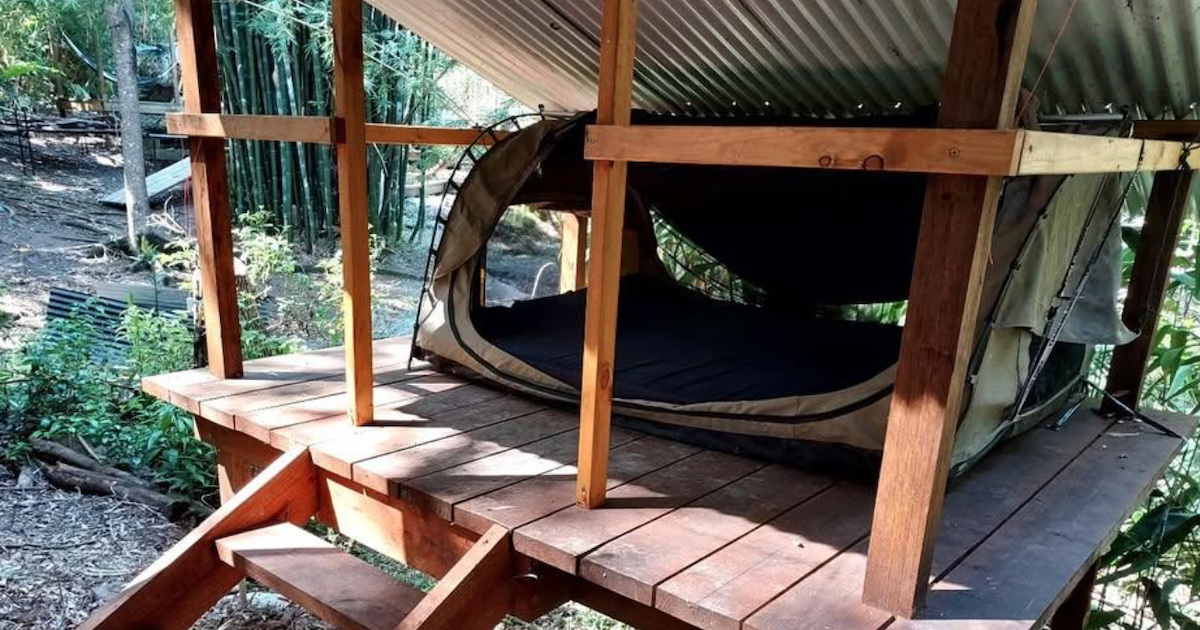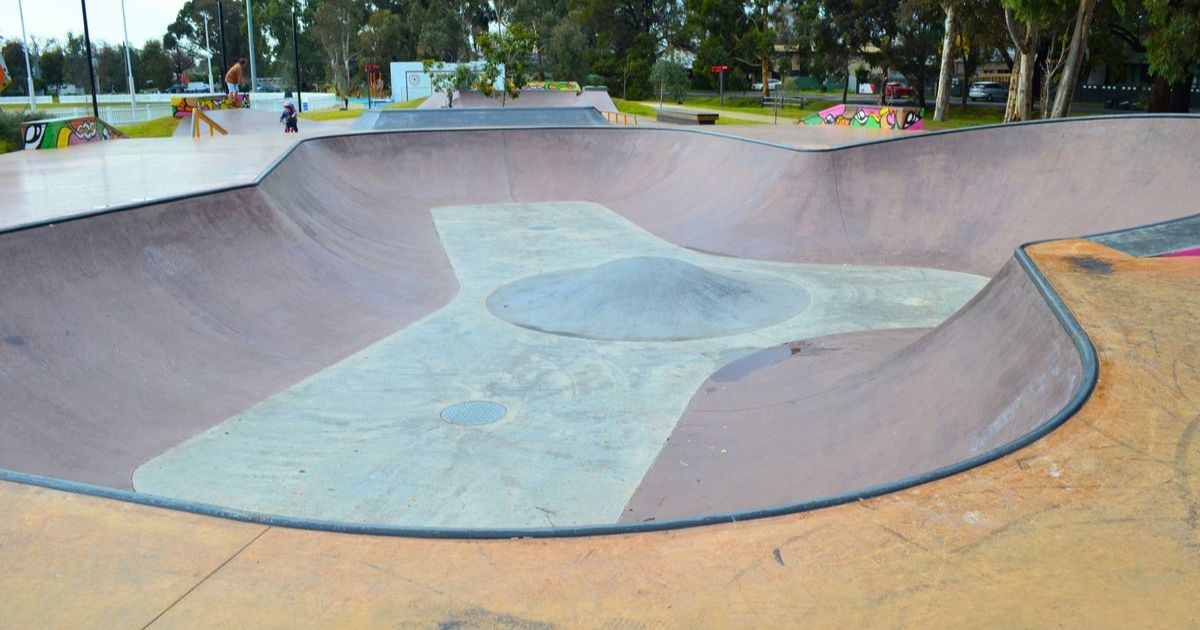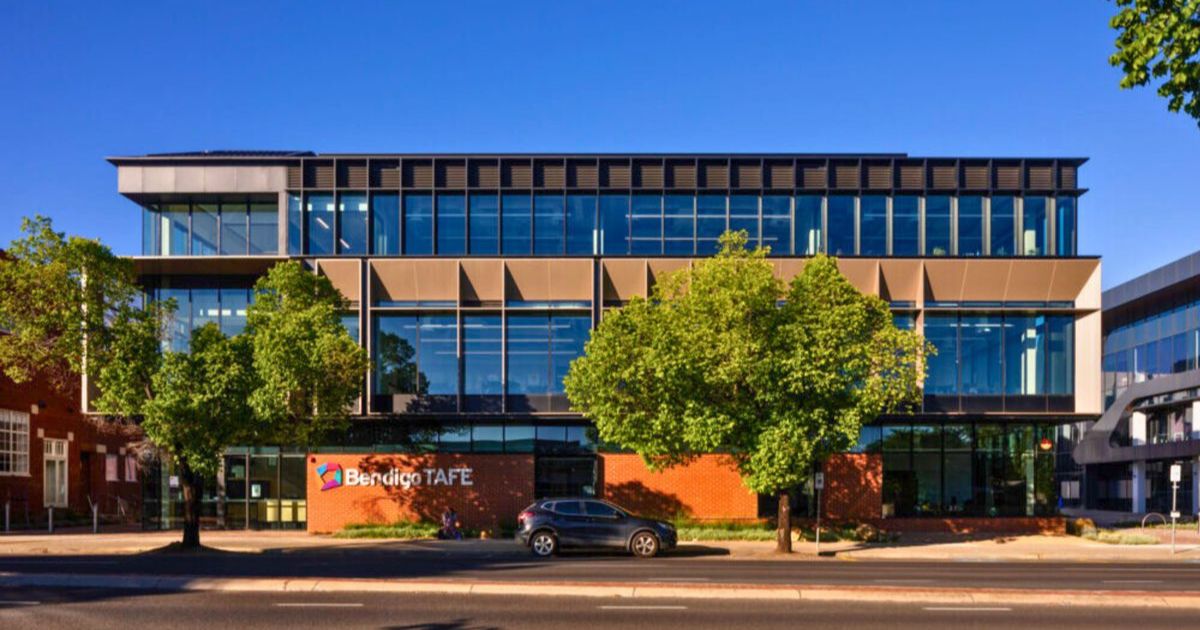‘Tough budget’ released
By Lachlan Ellis
It’s been a month full of budgets, and last Tuesday it was the State Budget that was released, which Moorabool Shire Council has praised for honouring election promises.
Funding provided in the Budget for Moorabool includes $2.9 million for the bowls and community hub at Taverner St in Bacchus Marsh, money for a dog park in Bacchus Marsh, and $20,000 for the Gordon Recreation Reserve Master Plan.
There is also $25 million for traffic lights at the Griffith St/Grant St intersection in Bacchus Marsh, as well as $3 million for upgrades at St Bernard’s Primary School, and an extension of the Maddingley bus service to Stonehill Estate.
While acknowledging that it was understandable the State Budget would be “tough” given the state’s level of debt, Moorabool Shire Mayor Cr Rod Ward welcomed the funding provided to the local projects.
“Griffith St has become so busy in recent years with the increase in industry and residential population in Maddingley, plus the two schools in the vicinity, so this funding will help ease congestion and get traffic moving more freely,’” Cr Ward said.
“The bowls and community hub has been one of our biggest priority projects so we’re very pleased with the State Government’s commitment to it.”
As for future projects, Cr Ward said Council was “keen to get some detail on some of the state-wide announcements and grants programs, such as the $10 million Tiny Towns Fund, to see if we can apply for any funds for our communities”.
“It does appear there is significantly reduced funding under the Growing Suburbs Fund, which we have successfully used in the past for projects such as Darley Pavilion and West Maddingley Early Years Hub.”
Cr Ward said this reduction will make it harder to secure funds for projects like these in the future.
MP for Eureka, Michaela Settle, said she was proud that the State Government had honoured its promises to help fund these projects for Moorabool Shire.
“I’m really delighted that this budget continues to do what really matters. We’re very clear that we’re aware of the cost-of-living pressures facing people, and I think the Treasurer has delivered a pretty extraordinary budget. We’re the only state with a plan to pay down that COVID debt…we’ve got a really concrete plan,” Ms Settle told the Moorabool News.
“I’m delighted the Treasurer has been able to deliver that, but also continue to deliver the really important upgrades we’ve always committed to across the health system and education.”
Government continues to hit business
And while there have been positive initiatives including funding for manufacturing, major events, exports, renewable energy, and training, business groups have expressed concern over new taxes in the Budget.
The Victorian Chamber of Commerce and Industry has welcomed the increase in the payroll tax threshold from $700,000 to $900,000 in 2023-24 and $1 million in 2024-25, and the progressive reform to abolish stamp duty in favour of an annual land tax for commercial and industrial properties, but it has criticised the new ‘COVID Debt Levy’.
The COVID Debt Levy will apply an additional payroll tax of 0.5 per cent to businesses with a national payroll over $10 million, or 1 per cent for those with a national payroll over $100 million.
The Levy is expected to raise $8.6 billion over the next four years, and is set to remain in place until 2033, with COVID debt currently sitting at an estimated $31.5 billion.
“The State Budget takes Victoria from the most locked down state in Australia to one of the highest taxing, as the Government continues to hit business with the bill for the debt incurred throughout the pandemic and cost blowouts in the WorkCover scheme,” the Chamber’s Chief Executive, Paul Guerra, said last Tuesday.
“The Government says this is the plan to pay off the ‘COVID credit card debt’ but they’re doing that by using medium to large businesses and property owners as an ATM over the next 10 years. It’s certainly a departure from the ‘all in it together’ approach taken throughout the pandemic, and this will directly impact jobs and investment in Victoria.”
The threshold for Victoria’s land tax — which does not apply to the family home — will also be lowered from $300,000 to $50,000.
This is combined with the removal of the tax-free threshold for businesses with payrolls over $5 million, and owners of one more property, in addition to a 42 per cent increase to WorkCover premiums, which the Chamber says “will be difficult to absorb…in a tough economic climate”, especially for medium and large businesses.



















